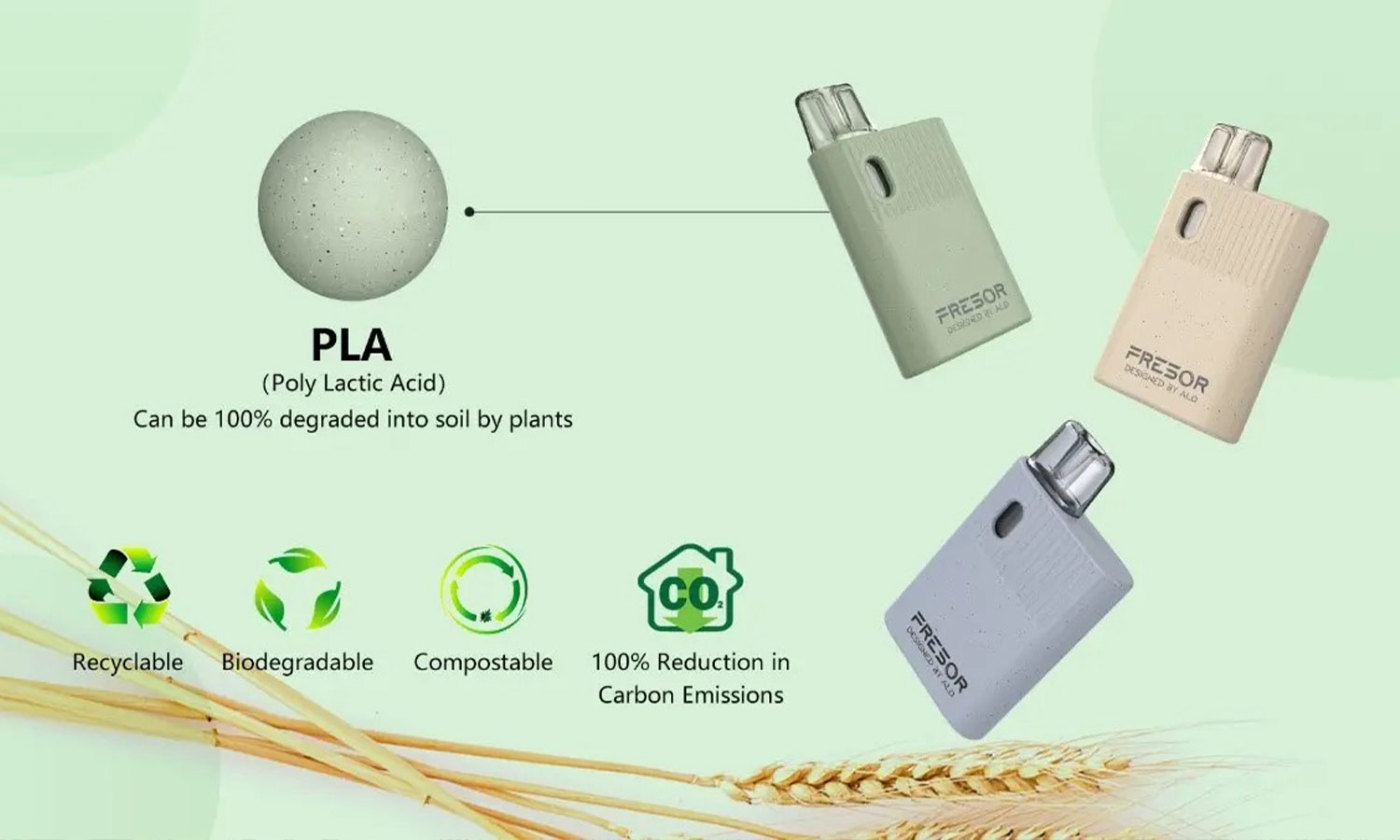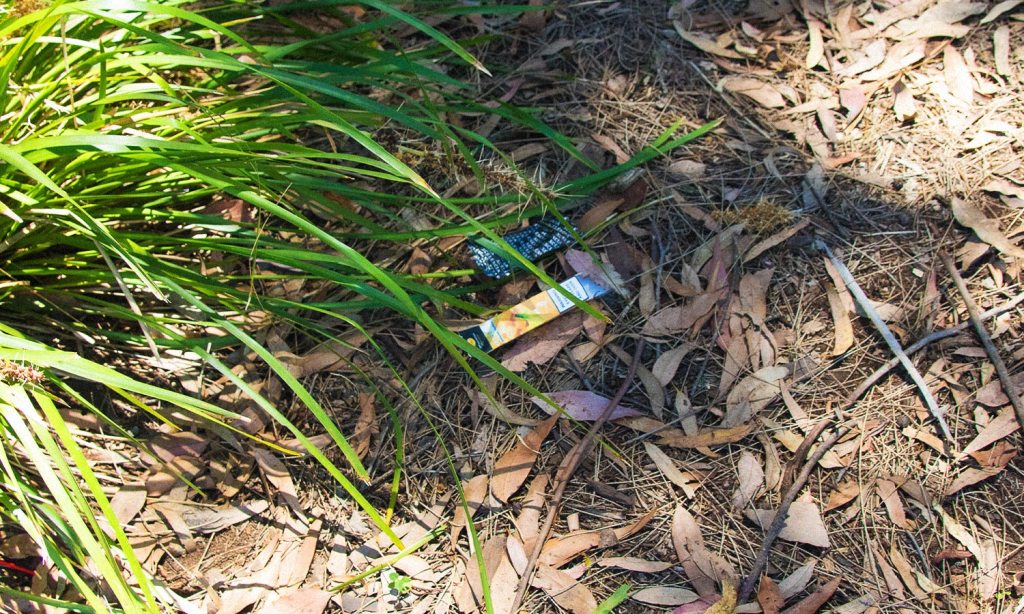Single-use vapes have become a major environmental problem. Virtually impossible to recycle, highly explosive, and leaching dangerous chemicals into the soil and waterways, industry bodies estimate we may be disposing of up to 100 million of these ‘disposable’ vapes each year in Australia alone.
Experts have critiqued government policy on vaping for allowing the black market to flourish and the problem to grow. Australia differs from many comparable economies on vaping policy, including the UK and New Zealand where smokers are actively encouraged to take up vaping by the government.
As Dr Colin Mendelsohn told The Latch recently, if the government regulated vaping devices as they do alcohol and cigarettes, there could be restrictions placed on single-use vapes that require them to be recyclable.
Indeed, this isn’t some mere pipedream but a present reality that Australian policy makes us unable to reap the benefits from.
Numerous vape manufacturers are now creating products, designed to help people kick ciggies, that are far easier to recycle. Some of them are even biodegradable.
In 2020, Bidi Vapor, one of the most popular single-use vape manufacturers in America, launched its ‘Bidi Cares’ programme, designed to allow people to return their used vapes to be recycled. Bidi claims that it will then take those used vapes and recycle them into further products.
The company was the first to make moves towards sustainability in this space but others are seeking to catch up.
At the 16th Vape Expo in Paris last year — yes, such things exist — European vape manufacturer SMOORE debuted their FEELM ECO series of single-use vapes. The range uses no plastic in its packaging, contains half as much plastic in the design of the device as in previous iterations, and uses recycled materials to replace non-biodegradable ones.
The company’s market research indicates that such innovations are necessary, given that disposable vapes are increasing their market share and are likely to become even more dominant – potentially creating huge environmental problems. By some estimates, these devices are currently the world’s fastest-moving electronic consumer electronic products, with potentially a billion of them thrown away each year.
There are other examples too. Chinese vape manufacturer ALD Group are set to launch the world’s first range of biodegradable vapes which they claim will be able to be broken down completely in three months. Their products also use post-consumer recycled plastic with significant drops in carbon emissions created through production.

Similar moves are being made by UK brand Airscream, who claim to be on a mission to eliminate smoking ethically and sustainably. Their recently launched AirPops One Use Eco vape has won numerous design awards and the company encourages users to recycle by offering benefits for returned devices. Made of recycled materials, their devices can later be turned into usable plastic and more vapes.
All of the above needs to be taken with a massive pinch of salt, however. Expert analysis has found that much of the industry’s talk of sustainability and environmental accountability is largely greenwashing. Further, recycling of these products, if it takes place at all, is expensive, time-consuming, and reliant on people who buy simple-to-use products going out of their way to follow complicated returns processes.
Bidi Cares, for example, has been largely inactive online since last year and has no published records of how many products have been recycled or returned. Changing legislation also put an end to them offering free vapes for the return of used ones, no doubt hampering the programme.
https://twitter.com/bidicares/status/1488874856842088454
At a billion disposable vapes thrown out each year, while there are certainly good actors, it’s clear that an unregulated market will do what unregulated markets always do: maximise profits at the expense of consumers, producers, and the planet. It’s like to expecting drug cartels to limit deforestation and pollution while cooking up increasingly potent illicit black-market products.
The above examples should, therefore, be taken more as a proof of concept that vapes don’t have to be the ecological nightmare they currently are. At present though, it’s unthinkable that Australia could have disposable vape conventions displaying the latest eco-friendly innovations. It goes without saying that no eco-friendly disposable vapes will be hitting the now-outlawed Australian disposable market any time soon.
Far from being a black market blip that can be outlawed into non-existence, this is a major and growing industry that other jurisdictions are not only taking seriously but encouraging. By choosing to opt out of the responsibility of regulation, Australia not only doesn’t get a say in what products are created and sold but renders itself beholden to the whims of criminals. Good luck expecting them to give a F about how many of their products end up leaching chemicals into our soil and waterways.
Related: The Gov Has Declared War on Mango Ice With New Vape Laws
Related: We May Know How Much a Pharmacy Prescription Vape Will Cost You
Read more stories from The Latch and subscribe to our email newsletter.







